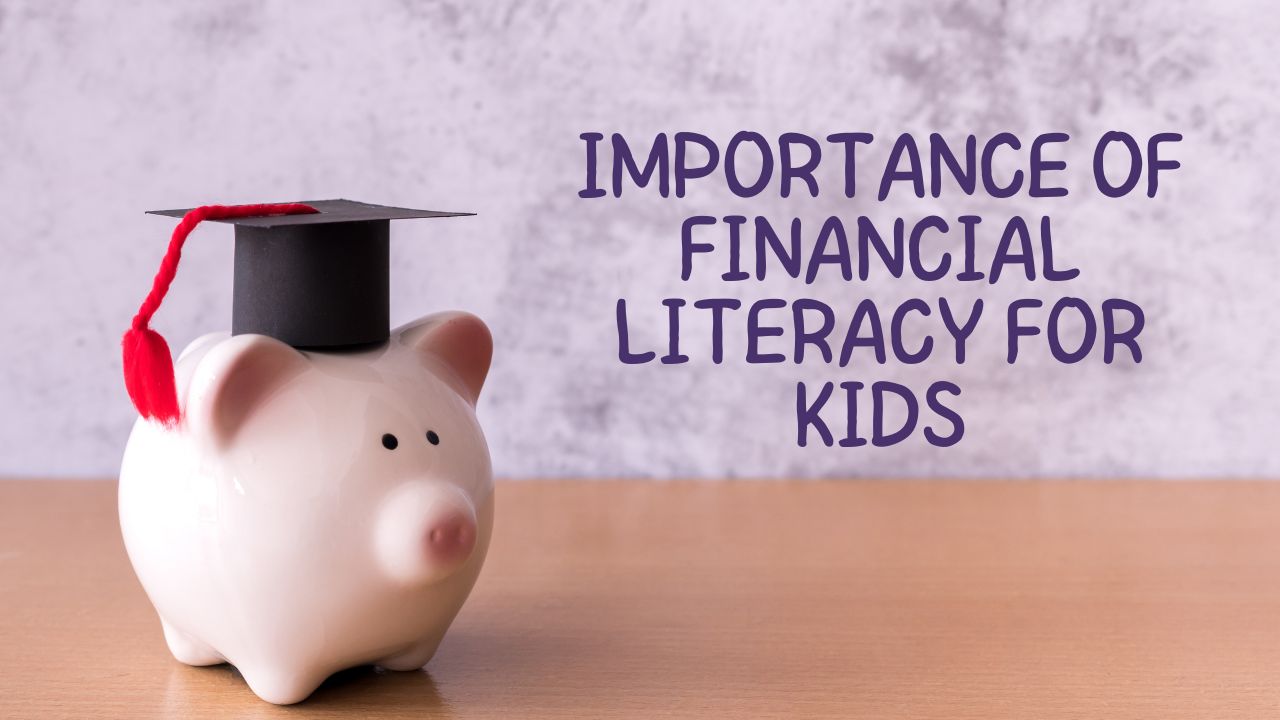
The importance of financial literacy can’t be overemphasized. Financial literacy is essential for making sound financial decisions. And, grants for credit card debt education can be a helpful tool when it comes to managing personal finances correctly.
Key to financial literacy is developing an understanding of basic money concepts such as budgeting, saving, investments, taxes, insurance and the like. Those with a good grasp of financial literacy are better equipped to manage their money and make sound decisions that can lead to a more secure future.
What is Financial Literacy?
Financial literacy entails the possession of an understanding of financial concepts, principles, strategies, and products to make informed decisions about financial matters. It includes reading, interpreting, and understanding financial documents and statements, as well as understanding financial risks and rewards and planning for short-term and long-term financial goals. Financial literacy is also essential to understanding the nature of credit card debt and other forms of credit.
Why Is Financial Literacy Important?
Financial literacy is an invaluable asset in our increasingly complex world of finances. Those with financial literacy can make more informed decisions and better plan for their future. With a good understanding of debt and other financial products, individuals can take control of their finances, which is essential in today’s economy.
Financial literacy also helps people manage debt effectively.
Understanding credit, how it works, and when it’s appropriate to use, people can avoid falling into overwhelming debt. Financial literacy also helps individuals understand how interest rates work so that they can choose the most advantageous options when making investments or taking out loans.
Tips to Get Started on Your Financial Journey
Improving your financial literacy can be done in stages. Here are some tips to start you on your journey:
- Track your expenses and create a budget. This will help you get an idea of where your money is going each month and enable you to identify wasteful spending habits.
- Educate yourself on g credit card debt and other types of borrowing, such as student loans or mortgages. Understand loan details, including interest rates, terms, fees, etc., so you can make informed decisions when taking out loans.
- Learn how investments work and understand the risks of different assets to manage your financial portfolio better.
- Do research online or attend seminars and workshops to learn more about financial literacy. Countless resources are available online and in person to help you become more financially literate.
Implementing these tips, you can begin taking charge of your financial situation and work towards securing a more stable and secure future.
Resources to Help You Develop Financial Literacy Skills
Numerous resources are available to help you gain financial literacy skills. Websites like the Consumer Financial Protection Bureau, Investopedia, and Money Smart are great places to start.
You can also find financial assistance programs through the Department of Education, your local government, or non-profit organizations. Finally, consider talking to a financial advisor or taking a financial education class to better understand how money works and make more informed decisions about your finances.
Understanding Your Finances Will Lead to Lasting Success Over Time
Financial literacy is a lifelong journey. Those with a good grasp of credit card debt and other financial concepts can take control of their finances and make informed decisions that will lead to a secure future.
Start your journey today by tracking your expenses, learning about credit card debt, understanding investments, and attending seminars or workshops on financial literacy. The earlier you start educating yourself on financial matters; the better off you’ll be in the long run. The importance of financial literacy is clear: it’s crucial in making sound decisions about money, and it can ultimately lead to personal financial success.

